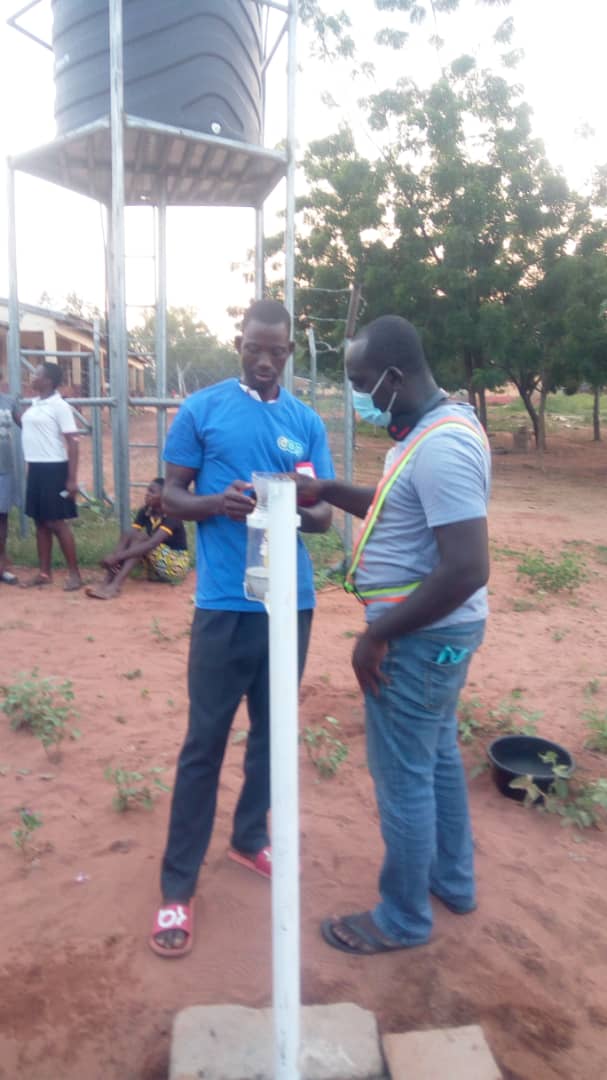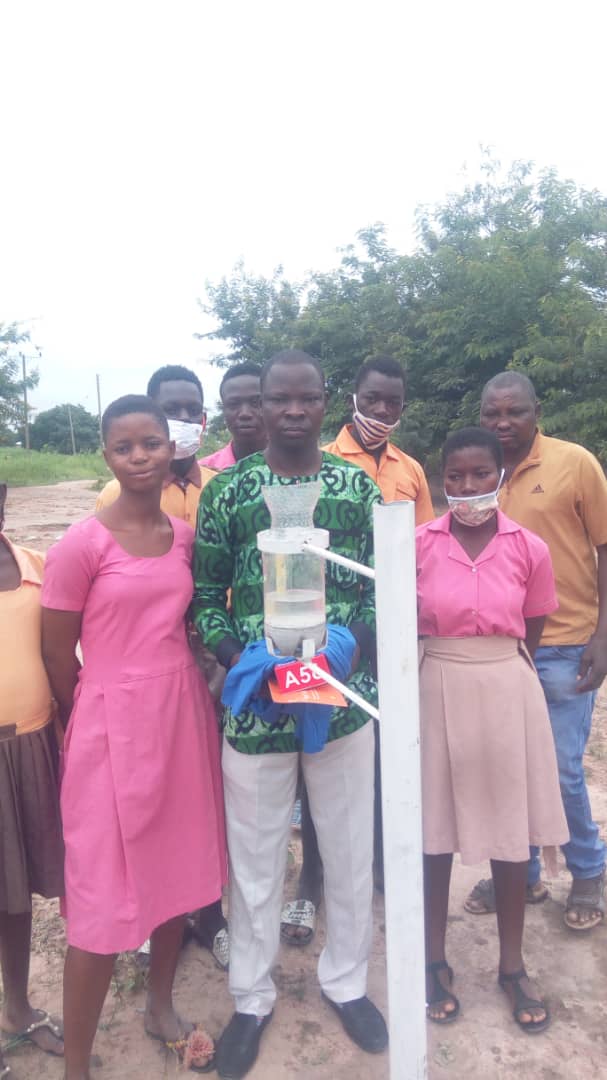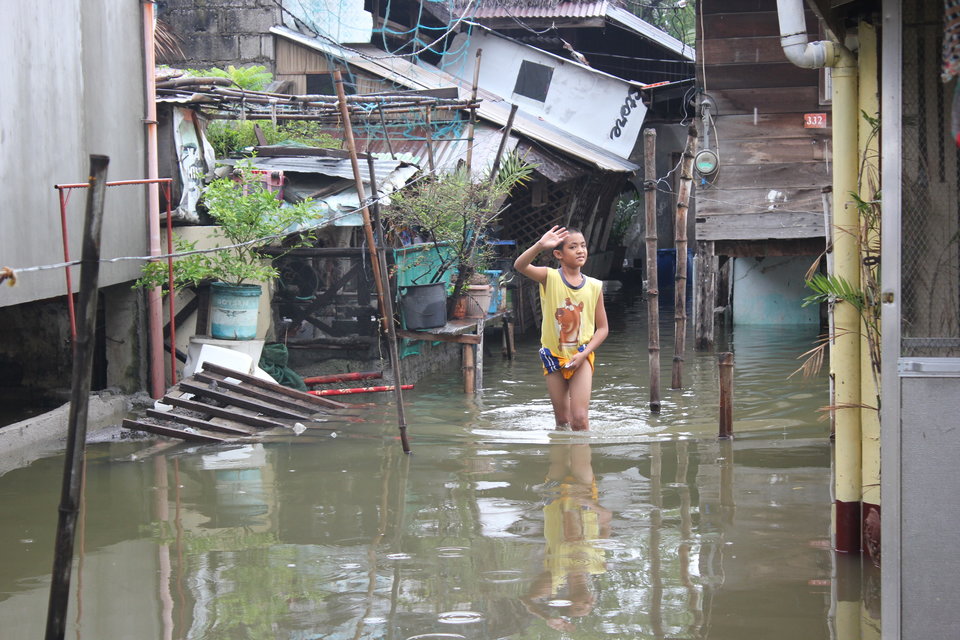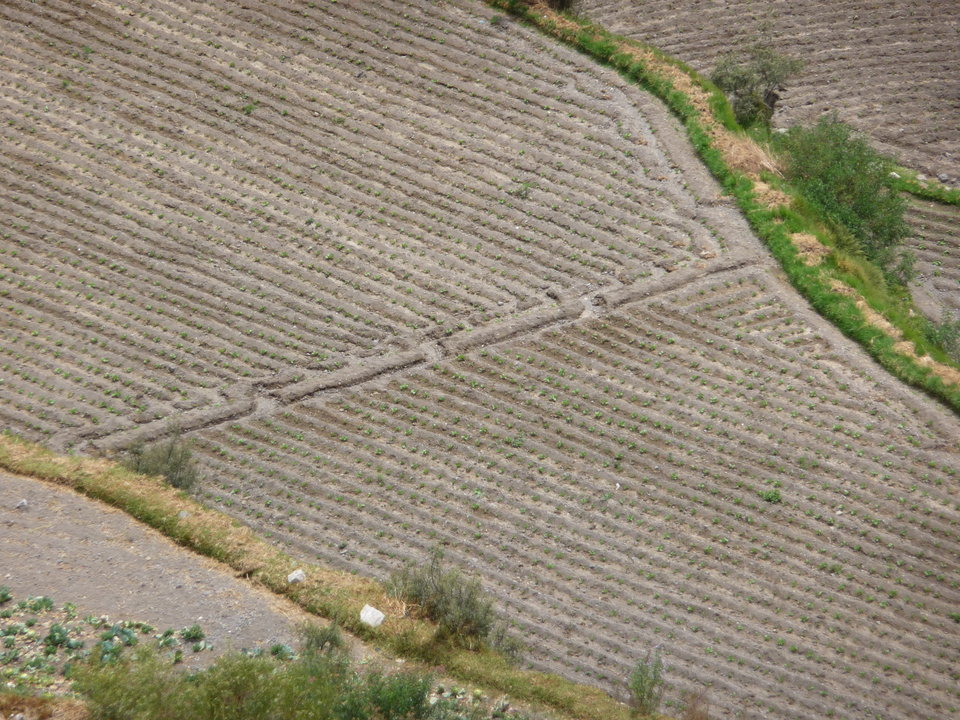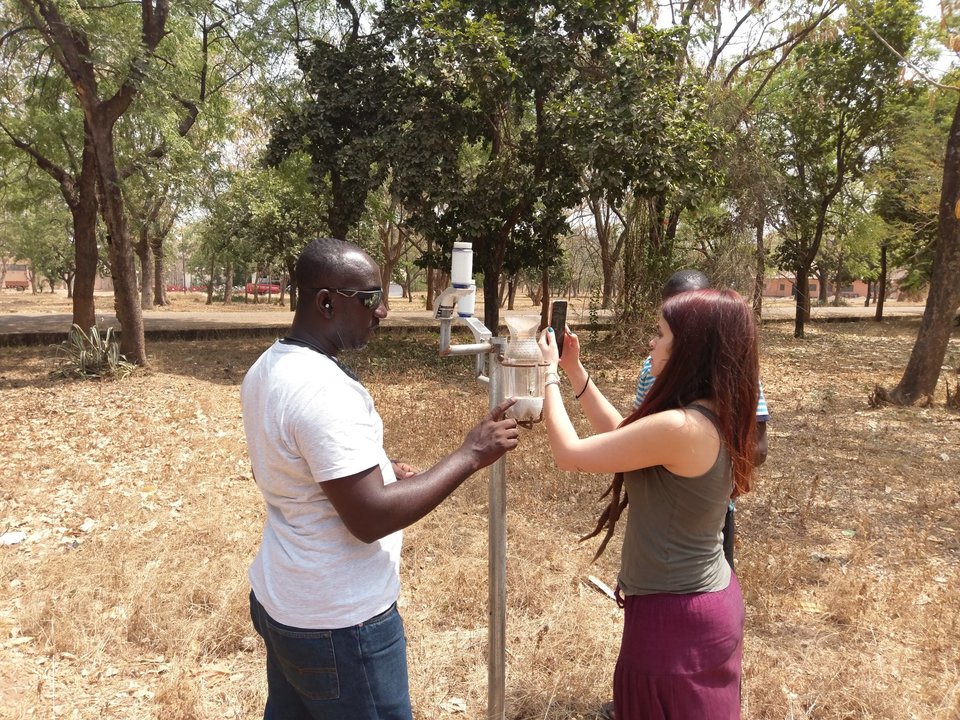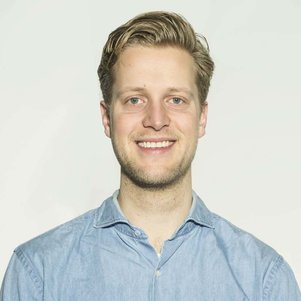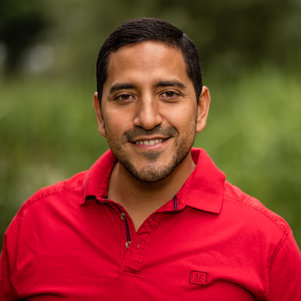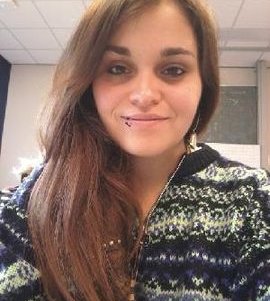Seeking –virtual- connection: Global Research in Times of Corona
By now it is a fact that the world has drastically changed. Everyone has experienced the effects of the pandemic either personally, professionally, or both. What does it mean for TU Delft | Global Initiative PhD students -also known as TU Delft Global Fellows- , whose research on the other side of the planet suddenly came to a grinding halt? A roundtable discussion with three fellows – Mónica Estébanez Camarena, Pieter Ham, and Juan Carlo Intriago Zambrano - on how their research was affected, the importance of staying flexible, and the value of co-creation.
Local connection
For Mónica, the pandemic meant that workshops in April and her trip to Ghana in June to prepare and perform a citizen-science rain measuring project were cancelled. ‘It was very difficult to make the decision if we were going to go forward with this project,’ she says. ‘Eventually gatherings were allowed again in Ghana, but we still decided against it as we felt the responsibility of this new reality. The communities we work with live very isolated from each other, many of them without running water. We didn't want to organise a workshop and have people from different communities come together, get infected, and bring the virus back to their communities, even more with the limited resources they have to deal with it.'
Caption: Above images depict participants of the rain precipitation measurement project that took place in its new form in Ghana, summer 2020
‘Luckily we have received an extension until December 2021, so we intend to do the full-on citizen science campaign next year. But this year we still wanted to do something to keep the local population engaged, in order to maintain the momentum we built up. Thankfully we already have an extensive network in Ghana that could pick up what we were supposed to be doing now.’
Mónica has been working with among others the Ghana Meteorological Agency and TAHMO Ghana for a year now. She built up a strong connection and a direct link to the local population, which turned out to be vital in the pandemic. Mónica and her team developed online material instructing their participants (mainly teachers and farmers) how to perform the research, which TAHMO Ghana then delivered in person alongside the necessary tools. TAHMO Ghana also monitored and mentored the participants during the project. The project turned out to be a success and ran in parallel with a citizen-science rain measuring project in Delft. ‘What I find interesting from your case Mónica,’ Juan Carlo says, ‘is how capacity building is a strong component in the project. You started transferring your knowledge to the people to set up a knowledge exchange.’
Click above to see Mónica explain her precipitation research project in Ghana (external video link)
Collaboration is key
Pieter Ham was also forced to make adjustments in his research due to being dependent on the lockdown situation in the Philippines for his research. But, as Pieter also realized: ‘We as PhD students always have a plan but often can’t stick to it. So now things changed because of the pandemic, but otherwise they might have been changed because of something else. I was working with two students from the Faculty of Architecture on a project together with a Filipino school to design a floating classroom. The goal was to build the first classroom in 2021, but that project is obviously on hold as the school is closed for the coming months and they no longer have the budget. Testing the floating home also faced difficulties.’ Pieter is referring to his sustainable floating homes project, where a family lives in a pilot floating home and provides Pieter with the necessary feedback to improve and scale up the production of the homes. ‘Originally the plan was to have families rotate living in the home, but it was impossible to coordinate getting families to and from their house to the floating home in this lockdown situation. This turned out to be quite interesting actually. Now the same people had to stay at the floating home full-time for a couple of months, generating data which otherwise I would not have garnered.’
In these circumstances, collaborating with local partners and jointly finding solutions is more important than ever.
In these circumstances, collaborating with local partners and jointly finding solutions is more important than ever.
The pandemic further cemented a belief Juan Carlo – who works in Nepal and Indonesia with the start-up aQysta focusing on possible applications for an Integrated Turbine Pump- has held concerning traditional Eurocentric research: ‘There is this data mining approach in the sense that whenever we label a country a developing country, we do the research design, we go there and extract data, we come back and publish [and that’s it]. What I like specifically about the TU Delft | Global Initiative, is that it's based on pillars of co-creation and exchanging of scientific and non-scientific knowledge and so forth.’ The other two agree, with Mónica chiming in: ‘if you are doing citizen-science, it is very important to have a good connection with the people rather than just going there and extracting data. Then you can also work together in unforeseen situations such as this pandemic.’
Research looks different in times of de pandemic. Click through the slideshow to see then and now images of Juan Carlo's (1, 2), Pieter's (3, 4), and Mónica's (5, 6) research.
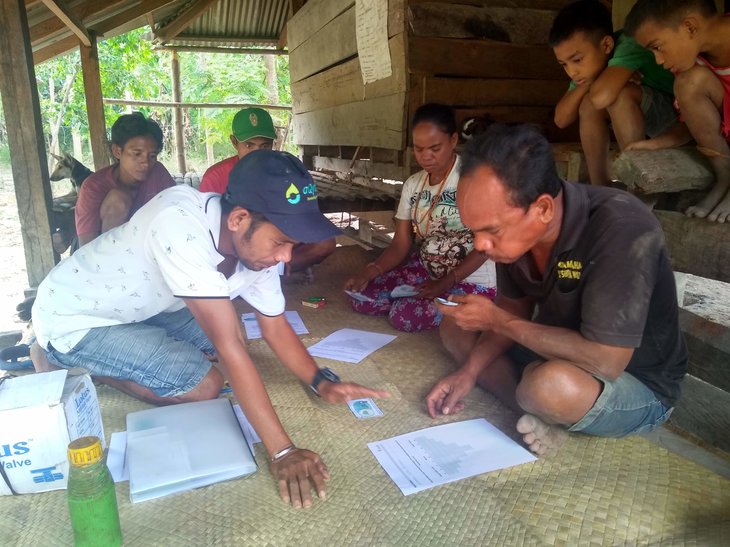
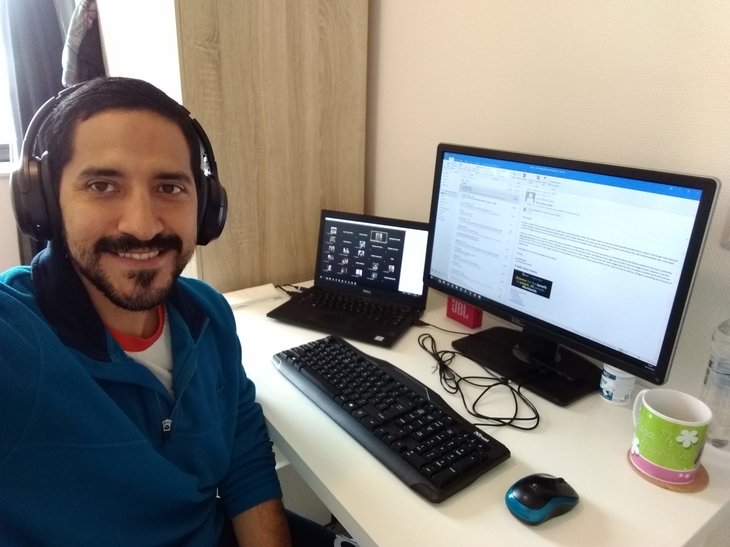
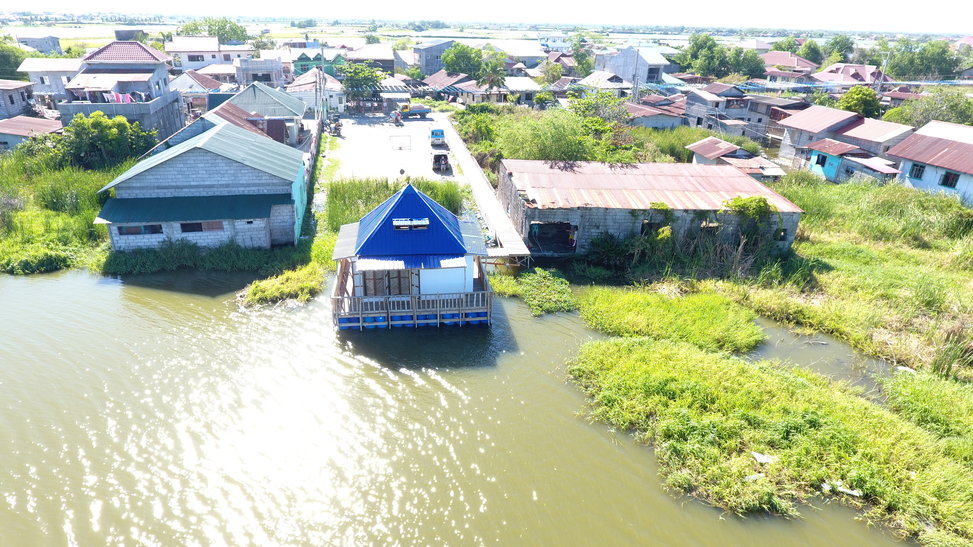
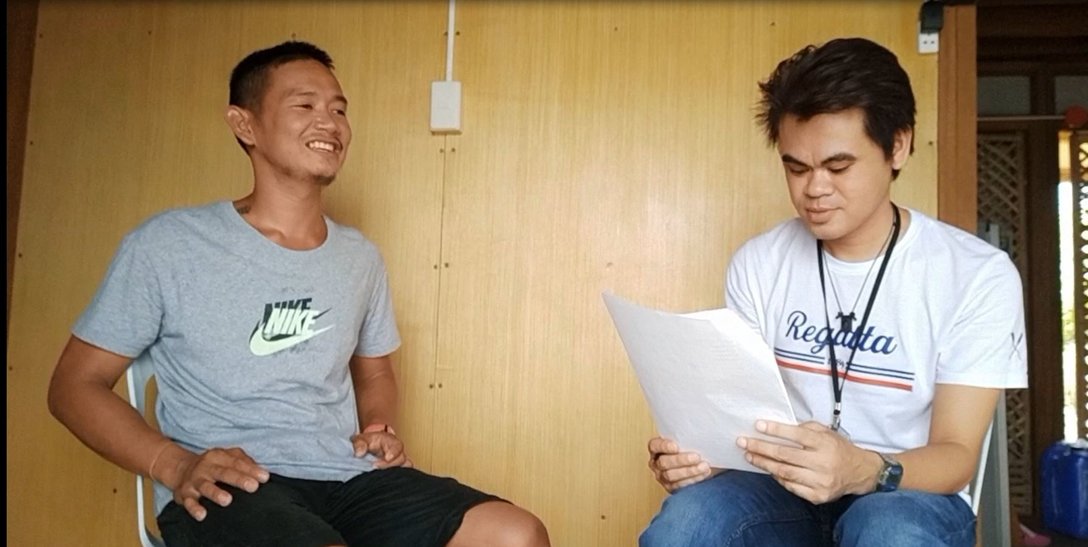
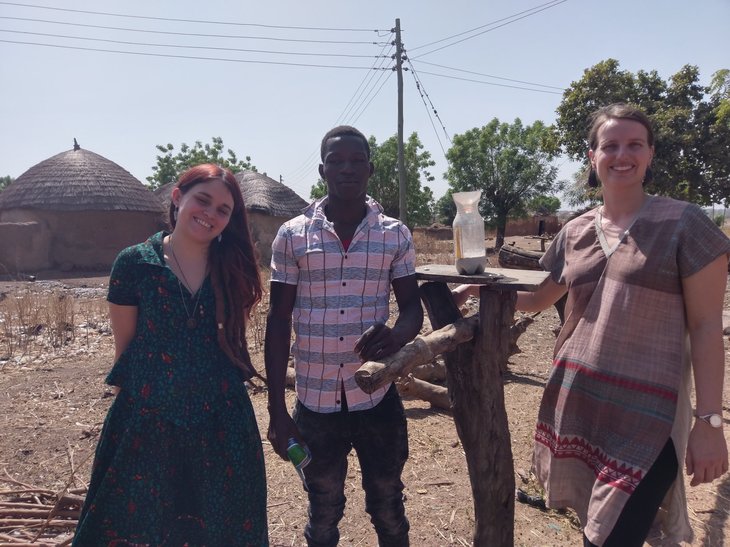
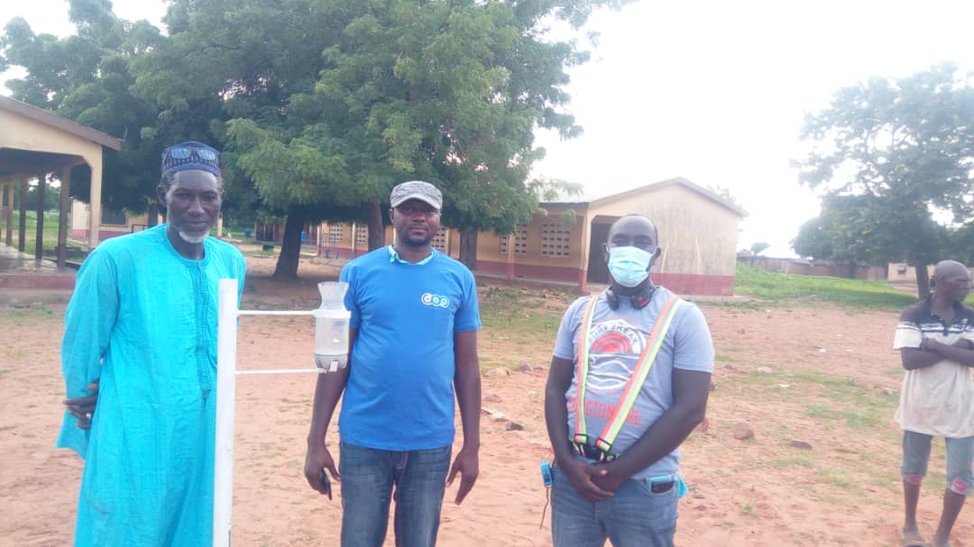
Juan Carlo further illustrates this point by bringing up the example of dr. Jeffrey Davids, who focused on using citizen science, young researchers, and smartphones to improve water resources management in Nepal. ‘For me the work of Jeff became a flagship example on how he invested basically three years of his PhD living on location in Nepal,’ Juan Carlo says. ‘Usually we conduct our projects ‘in the bubble’ at university, whereas Jeff ‘dared’ to go out and experience fieldwork to the most, not by going and coming back, but living permanently there with his family. Once he told me, “I feel very proud of actually being in Nepal and facing challenges such as learning the language from scratch and creating trust with the people.”’ Juan Carlo concludes: ‘Perhaps this pandemic highlights that even if your main goal is not to work in a co-creation basis with local partners, it is still better to do so. In these circumstances, collaborating with local partners and jointly finding solutions is more important than ever.’

